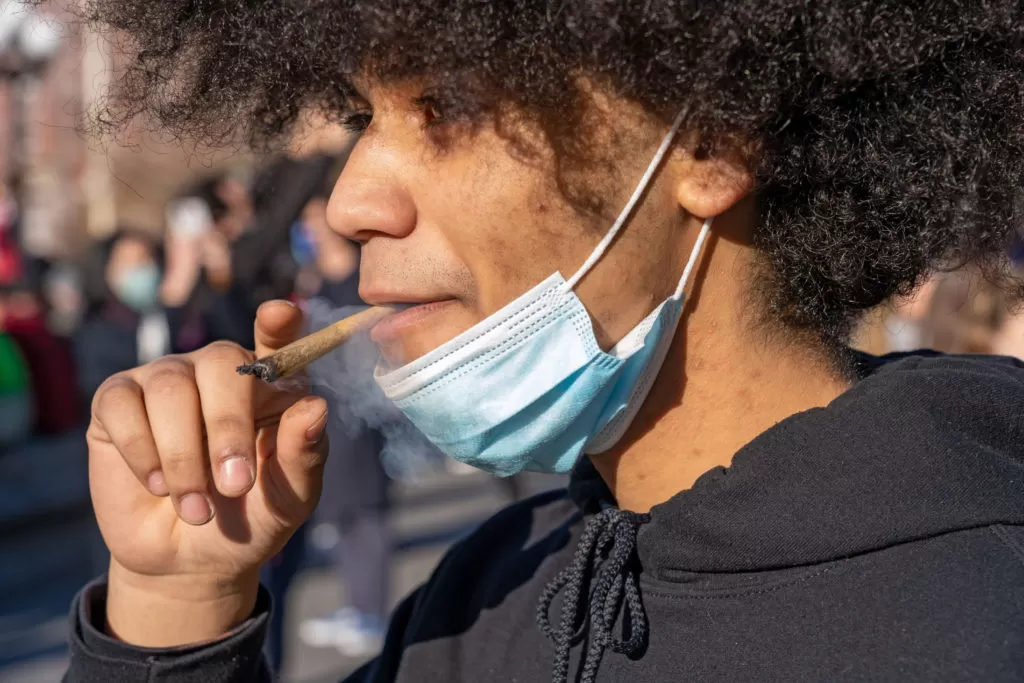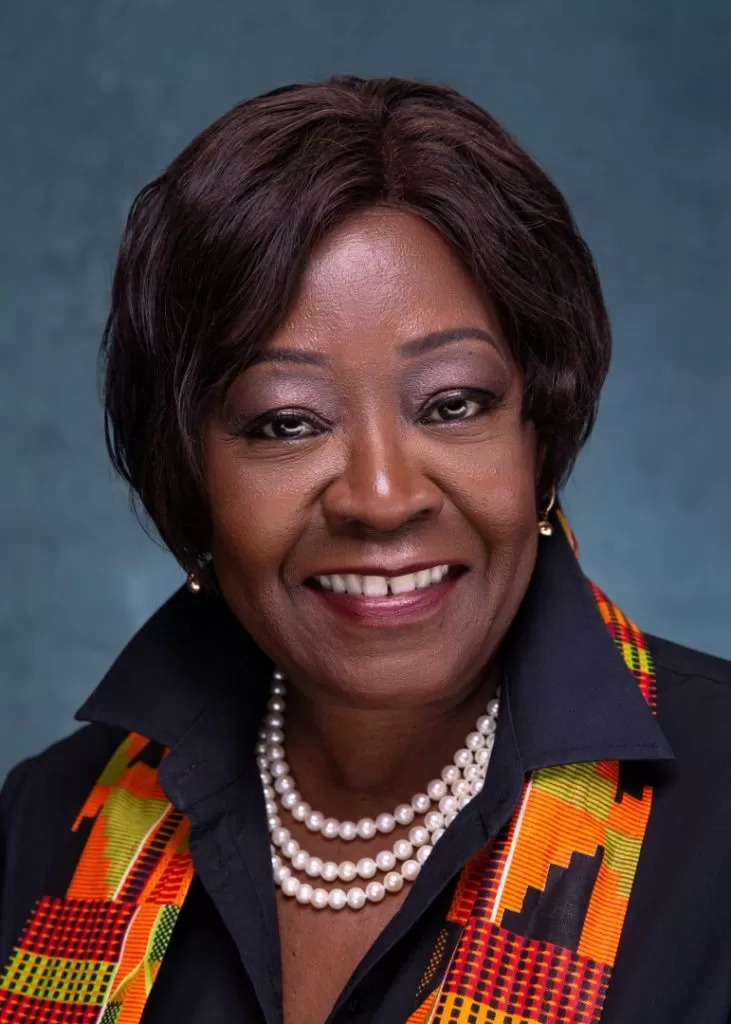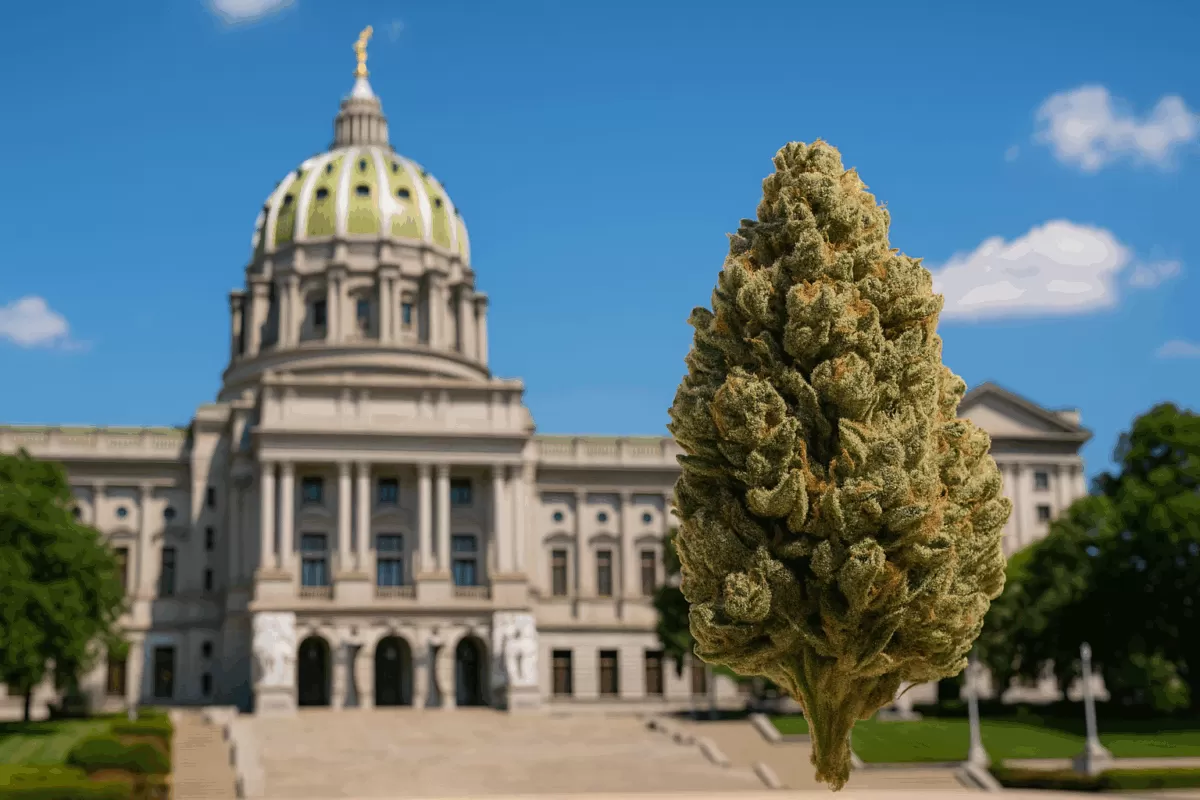It’s going to be at least another year and a half before New York’s recreational cannabis market is up and running. Already though, there’s growing concern among legacy cannabis dealers about how they’ll manage against what’s going to be the biggest competitor they’ve ever encountered.
Take De’Shawn Avery. His side hustle of selling weed has been good to him. Before New York passed legalization, entrepreneurs like Avery were a resource if you wanted to get high and chill. Now, he wonders what will happen to his business and a generation of other legacy dealers.
Avery says they call him a drug dealer, but he sees himself as an entrepreneur “who provides a very in-demand product when there was no product.” He worries with legitimate business coming into play, he’ll no longer fit the prototype of a cannabis businessman. “It’s usually not Black people or people with records who are favored when it comes to moneymaking opportunities.”

Cannabis advocates believe New York must allow legacy operators to grow inside the legalized weed world. Otherwise, the state runs the risk of repeating what Cali did. After Cali legalized cannabis in 2016 with Prop 64, legacy dealers got left behind while $4.6 billion in annual sales boomed across the state.
Prop 64 gave jurisdictions the option to choose to participate in the new law. Cornered by a deadline to accept cannabis commerce, jurisdictions decided to opt out. That led to over half of the state’s districts banning cannabis on all fronts.
With an impending December 30th deadline coming up, the same could happen in New York.
Besides the deadline, another major policy could recreate the legacy exclusion seen in Cali. That’s New York’s current registered organizations for medical-use weed getting priorityfor recreational licensing.
It’s suggested New York give legacy operators first-crack at the business too. Prop 64 failed the small businessperson as it gave corporate cannabis companies licensing over legacy dealers. This only promoted illegal selling. Without some form of support, legacy operators were not encouraged to become legal, avoiding the hefty price of taxation and regulation.
Opening a pathway for legacy dealers could be instrumental to the success of weed legislation. And the reasoning may not be purely financial. Avery argues an important part of his sales is good word-of-mouth and trust.
To prove this, the possibility of “bad weed” cropped up in November. There was a report Connecticut uncovered a case of weed contaminated by fentanyl.
Legacy operators are likely more careful about their production than big business will ever be. Their business wouldn’t last long if they weren’t.

The state’s Assembly Majority Leader Crystal Peoples-Stokes promotes legacy to legal business opportunities. She played a role in the development of social equity measures and legislation for New York’s legal market. She advocates for preserving legacy operations, but only with the provision legacies get the tools and education to succeed.
“In order for legal cannabis to be equitable, we must integrate” [legacy operators] “into our framework,” she says.












